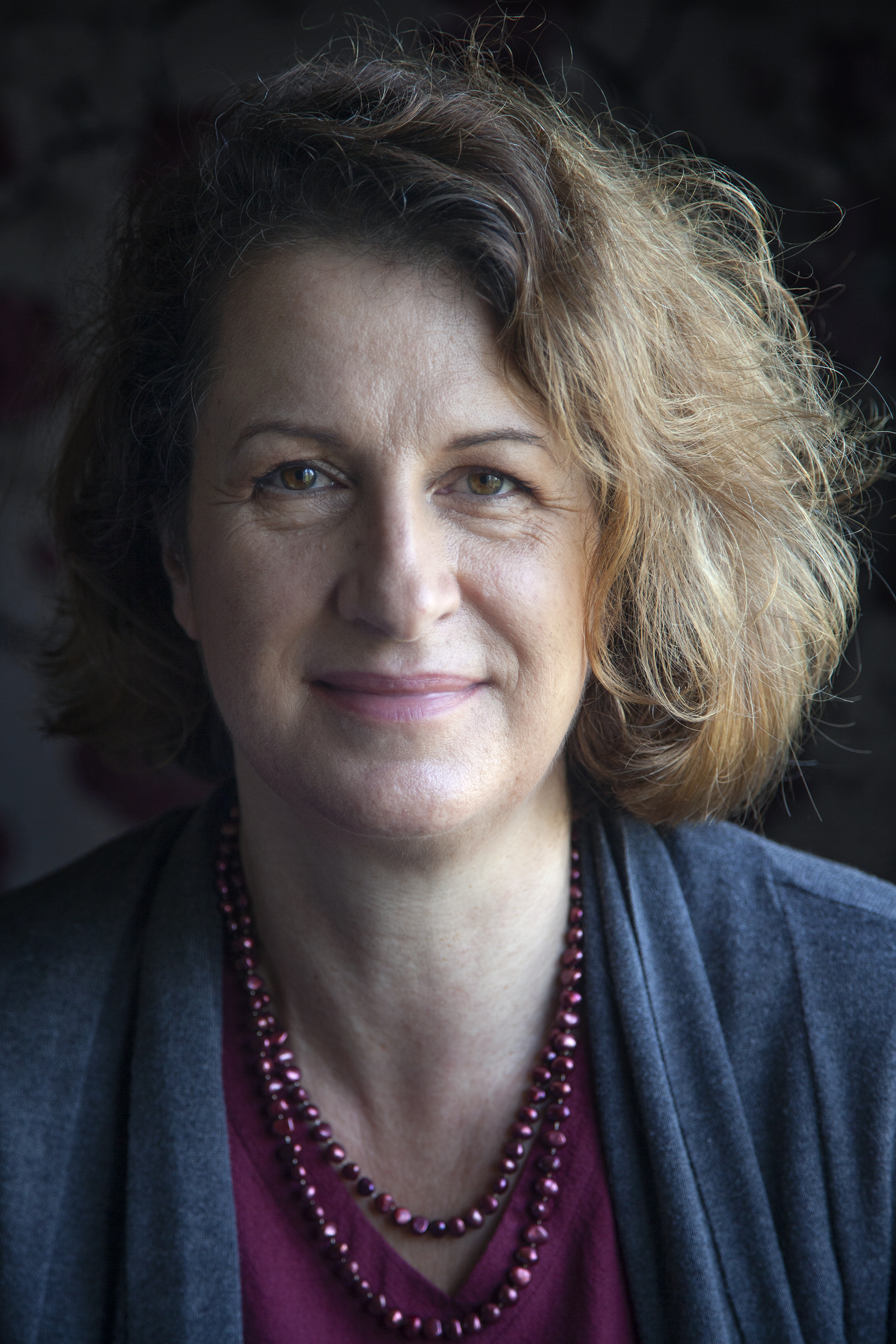Julia Adams is an EFT practitioner in Stroud and online
What attracted you to become a therapist?
When my children were very small, I found life a great struggle and it was only after extensive work with a therapist that I realised that I wanted to help people as I had been helped. I vividly remember what it was like to be 'in a bit of a state'. Now it is my turn to give back.
Where did you train?
With Rowena Beaumont in Glastonbury, who works with an integrative medical doctor with cancer patients and whose results are absolutely astonishing.
Can you tell us about the type of therapy you practise?
EFT is often called emotional acupuncture as it uses tapping on meridian points on the upper body to release unhelpful emotions and pain. I chose EFT because it is so versatile - once a client's traumas and unhelpful memories are identified, EFT is able to neutralise that emotional 'charge' to calm down and reduce the flow of stress hormones that are so unhelpful for emotional and physical health. EFT is rapid, gentle and involves minimal homework. We even manage to laugh sometimes, and laughter actually helps the therapy work better.
How does EFT help?
The process of EFT includes the creation of a safe space for the client to contact and gain sensory information relating to their pain, a feeling or an unhelpful memory, which has been held in place somewhere in the body/mind. For example, a lady, who I'll call Claire, was suffering with tennis elbow. Claire was able to envision how she was representing the pain to herself - as a white disc with a fiery core. During therapy, she was able to actually see and feel this 'disc' move, changing its quality and intensity, from her elbow, follow it down her forearm until it exited through her fingers. She has been pain-free for a year now.
What sort of people do you usually see?
I commonly see women with anxiety and depression, but increasingly I see people with physical issues such as chronic pain. A client with ME is doing so well, he has written to his consultant recommending EFT for other patients.
What do you like about being a therapist?
Seeing the look of surprise and joy on peoples faces when I have resolved something quite quickly that they have lived with for a long time
What is less pleasant?
I need to stay well myself so I can help others improve their mental health, so noticing when I am losing my equilibrium is important, and when I need to let go.
How long you've been with welldoing.org and what you think of us?
I love the fact that welldoing.org is so responsive - as EFT is an American therapy where therapists are often called practitioners Alice at welldoing.org got the name 'Practitioner' added to a drop down menu just for little me!
Do you ever suggest books or apps to clients?
I work with people coping with traumatic memories, so I recommend books by Peter Levine and Bessel Van der Kolk, who are working at the cutting edge of trauma study.
What you do for your own mental health?
Lots of meditation, hot baths with Epson salts, charcoal/clay wraps, laughter with friends, walking the dog and baking and eating cake .
You are a therapist in Gloucestershire. What can you share with us about seeing clients in that area?
I am in the Cotswolds, which is hugely beneficial for getting out in nature and taking forest baths, but I haven't noticed a particular influence of the locality, I have to say.
What's your consultation room like?
Lovely and airy, with high ceilings, in a beautifully decorated Georgian town house with blankets and comfortable chairs. Or when I do online sessions, my own study, with my candles and beautiful polished crystal spheres on the shelf behind me.
What do you wish people knew about therapy?
There is no judgement - this is a safe space, and people almost without exception say they wished they had plucked up the courage to do it years ago! Once you get into it, it can be so enlightening, literally, you do feel lighter.
What did you learn about yourself in therapy?
That my own early childhood was much more traumatic than I realised - for me it was normal, but looking back my childhood was extremely suboptimal, my parents were just doing the best they could but they needed support and never got it. My own children and future grandchildren will be happier and healthier because I took the time out to work on my 'stuff'.

